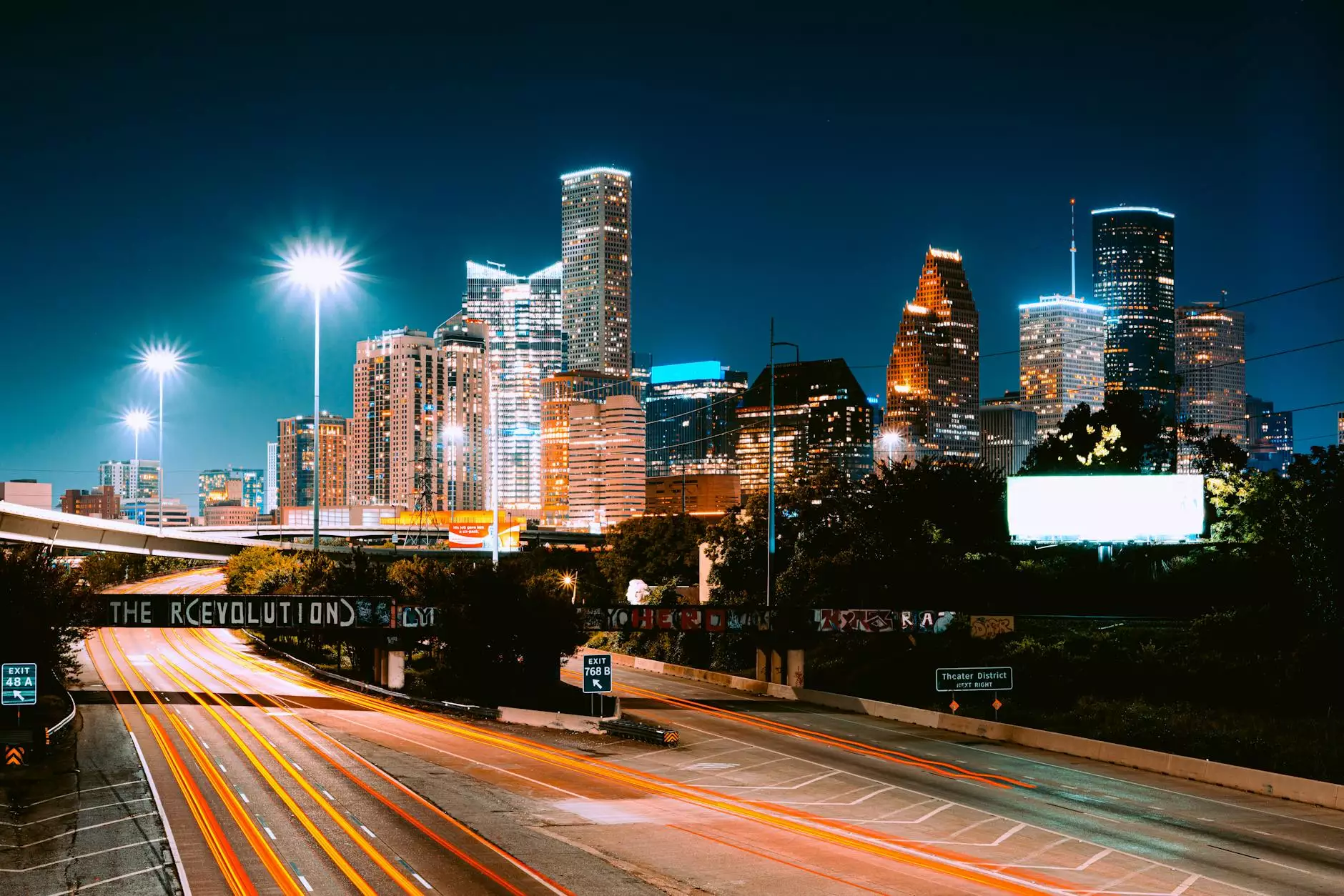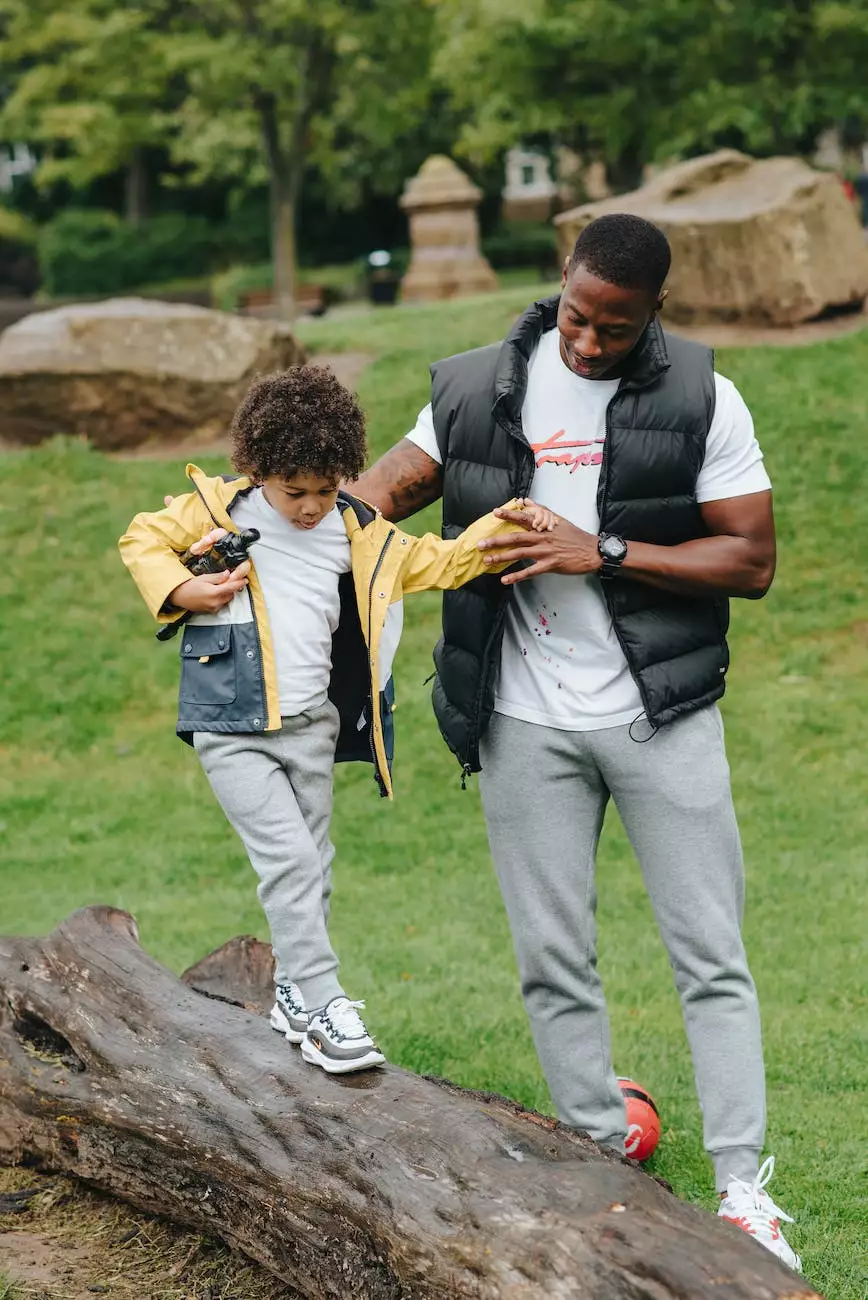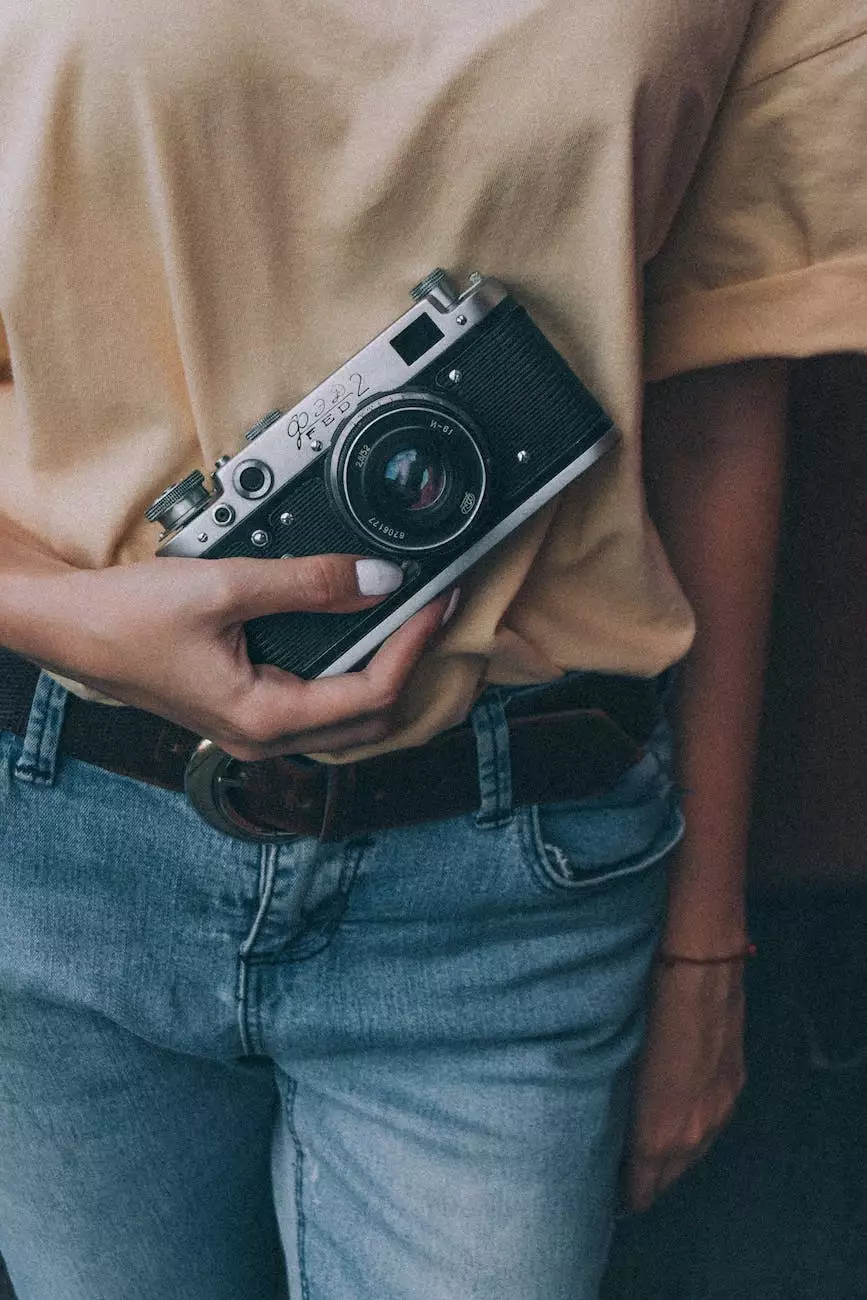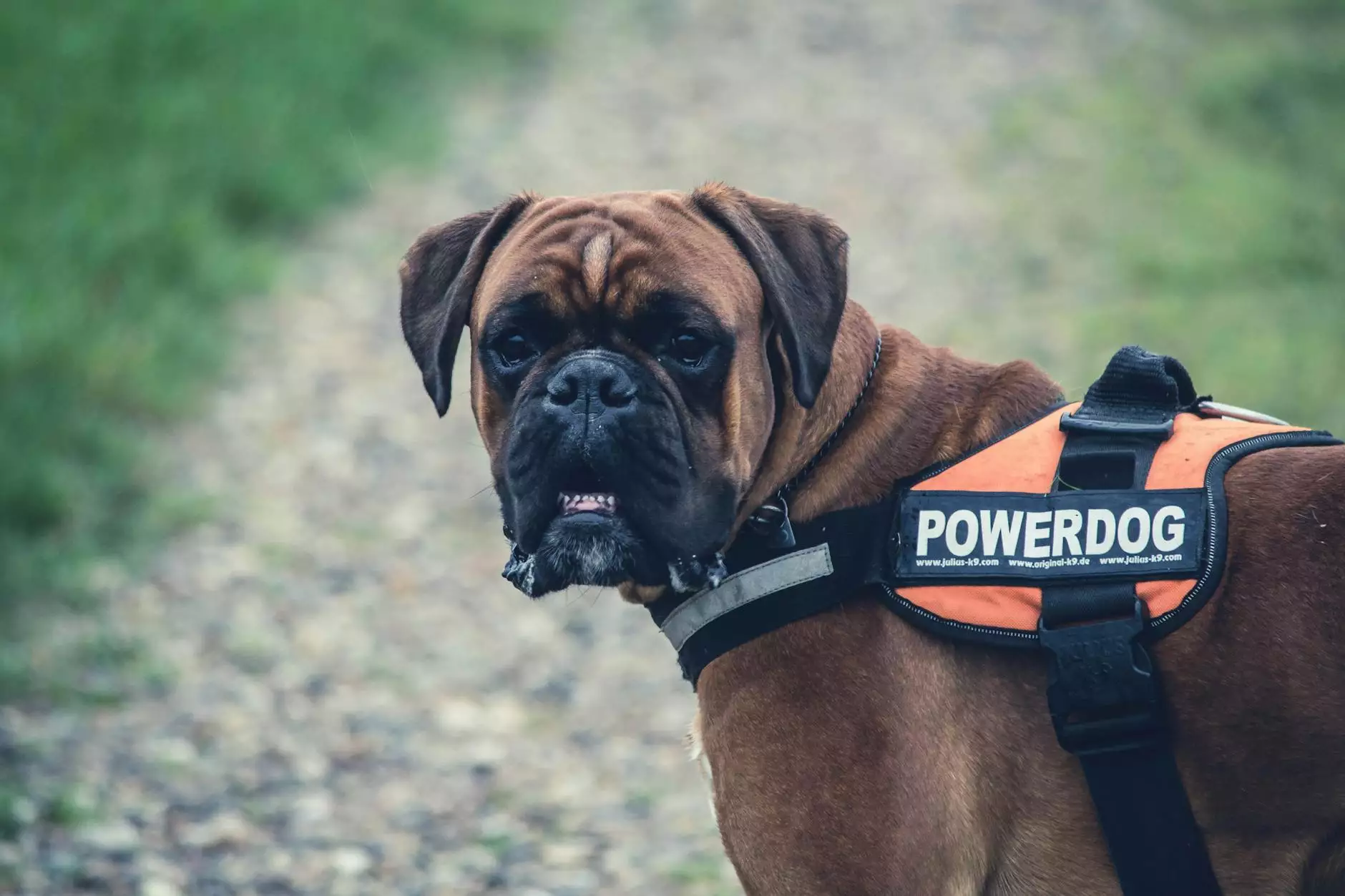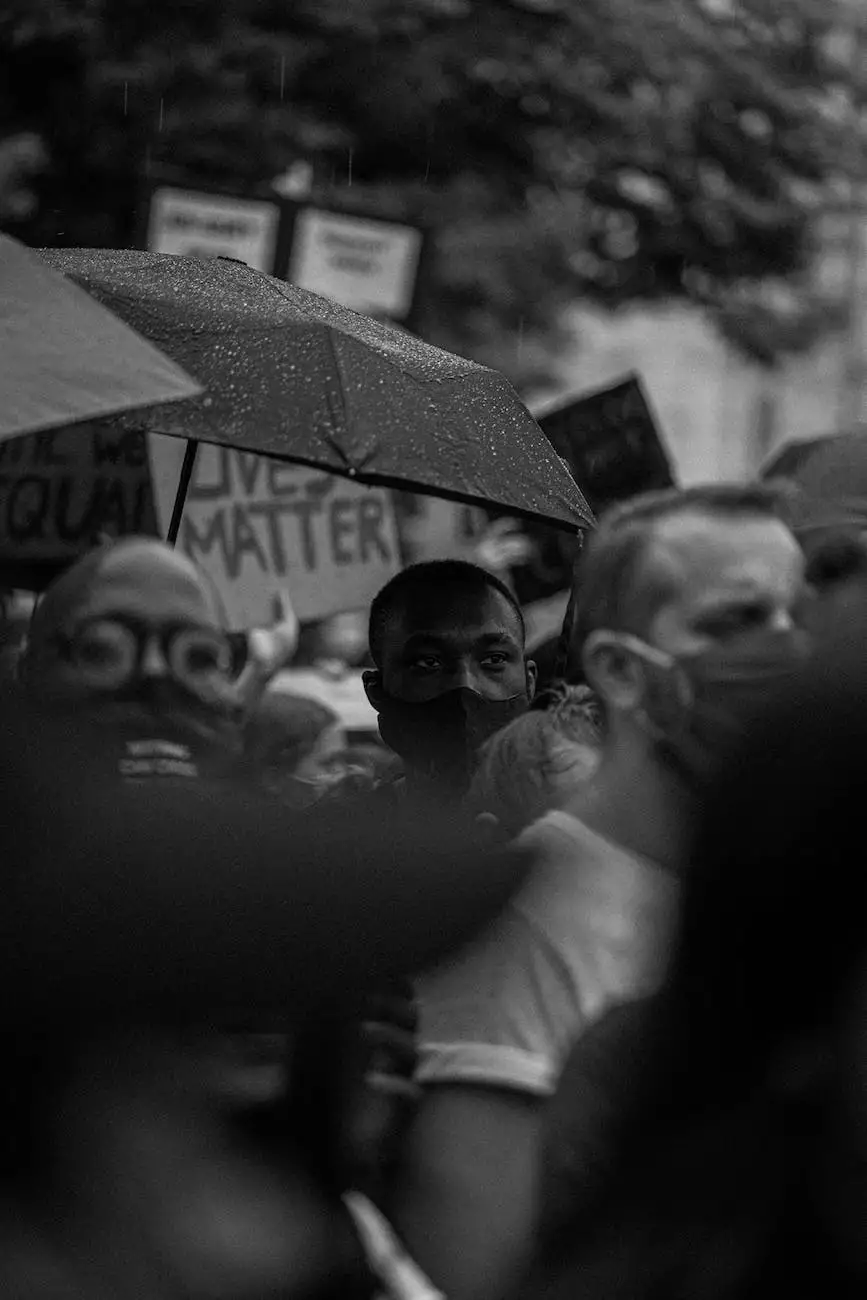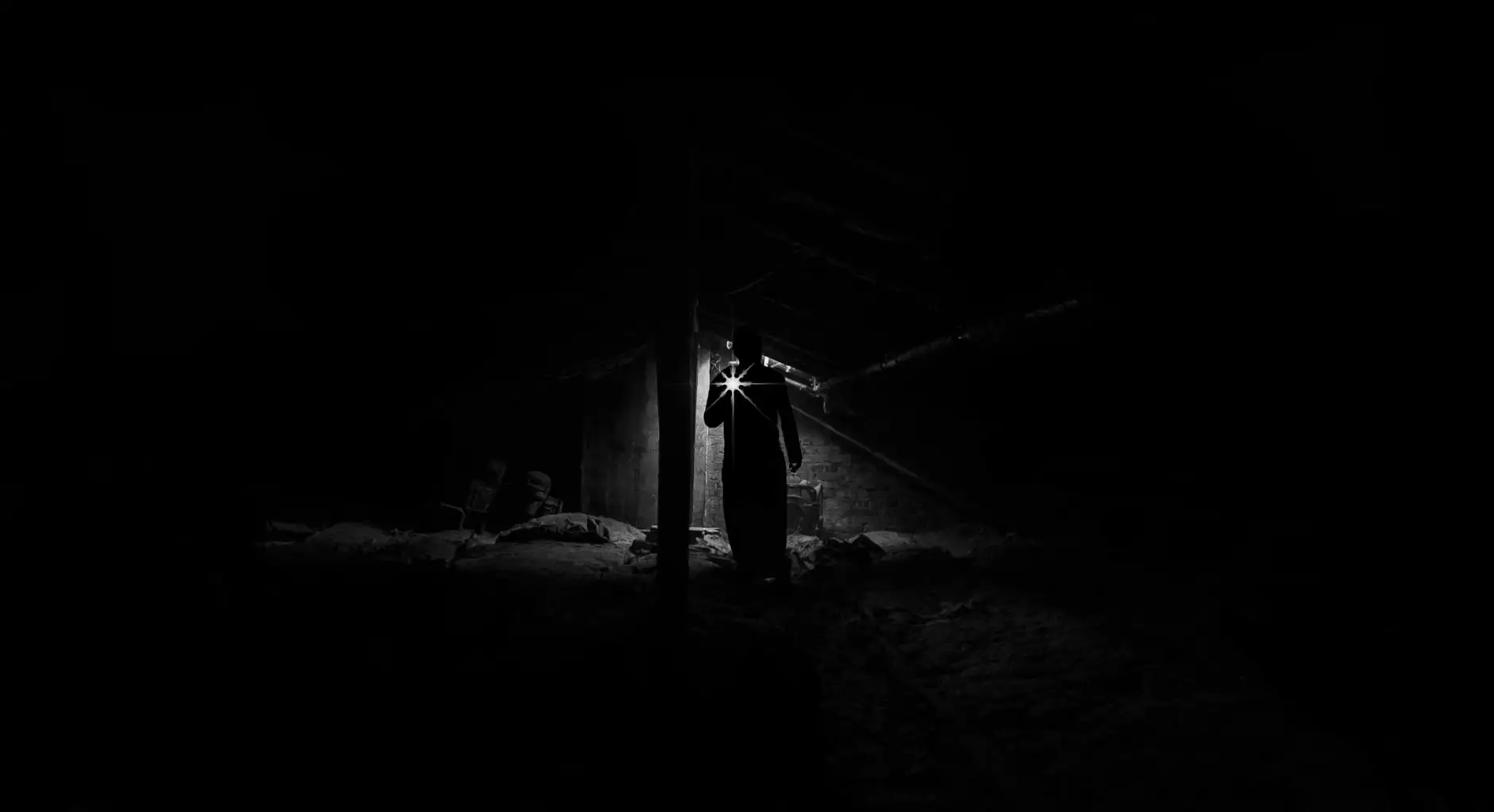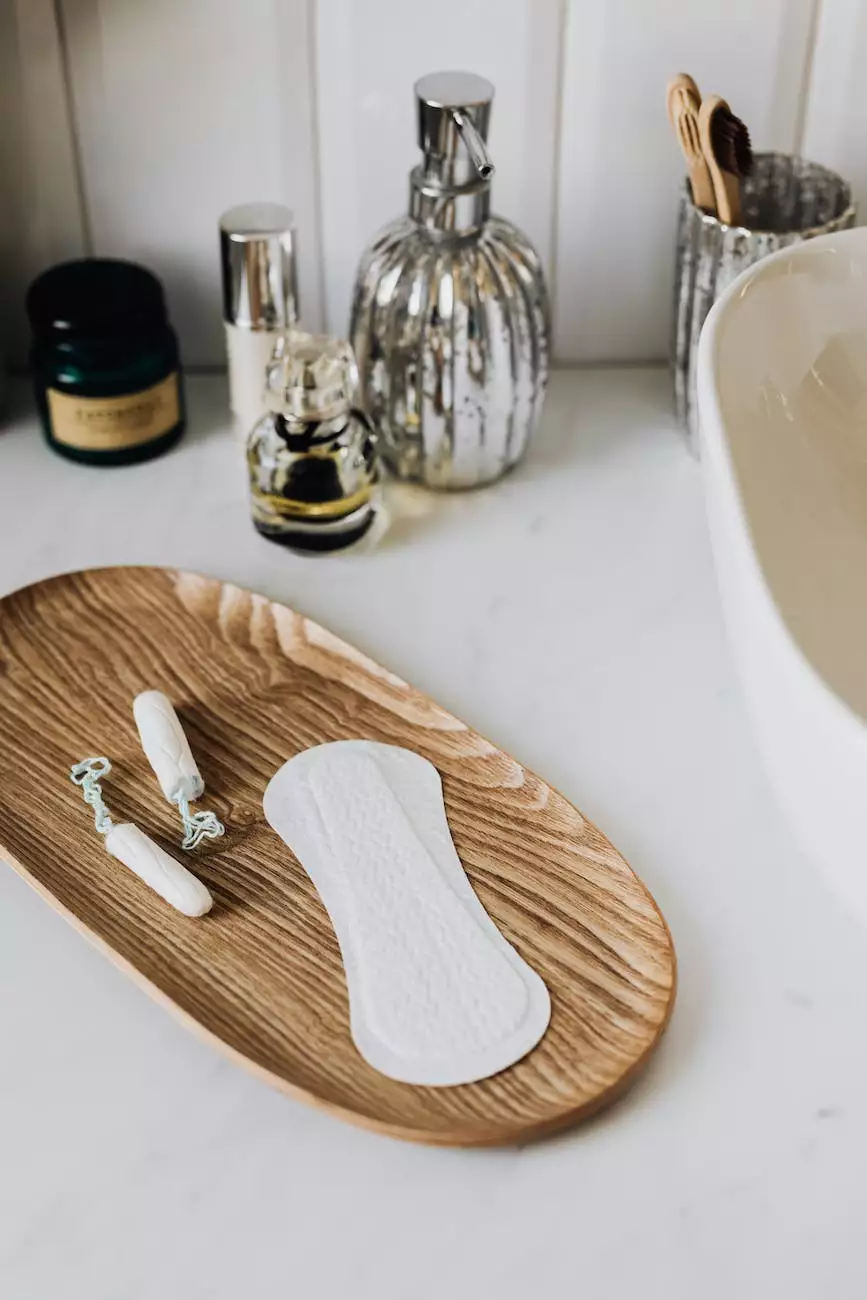Recording Police: Your Guide to First Amendment Audits - James D Jones
Criminal Law
Introduction
Welcome to "Recording Police: Your Guide to First Amendment Audits" provided by James D Jones, a trusted and experienced attorney specializing in protecting your First Amendment rights during police encounters. We understand the importance of exercising your constitutional rights, especially when it comes to recording police interactions. In this comprehensive guide, we will explain the legalities surrounding recording police officers, provide practical tips, and equip you with the knowledge you need to confidently navigate such situations.
Why is Recording Police Encounters Important?
Recording police encounters has become increasingly vital in today's society. It serves as a critical form of accountability, ensuring transparency and protecting both civilians and law enforcement officers alike. By capturing interactions with the police, individuals can provide evidence of potential misconduct, abuse of power, or violations of constitutional rights.
When done lawfully and within the scope of the First Amendment, recording police encounters can empower citizens, shed light on injustices, and lead to positive change within our communities. However, it is essential to familiarize yourself with the relevant laws and guidelines to ensure you exercise your rights responsibly.
Understanding Your First Amendment Rights
The First Amendment of the United States Constitution guarantees various fundamental rights, including freedom of speech, press, and assembly. These rights extend to the act of recording public officials, including law enforcement officers, while they are performing their official duties. However, it is crucial to note that constitutional rights are not absolute, and there may be reasonable restrictions in certain situations.
Key Legal Considerations
While the First Amendment protects your right to record police officers, it is important to be aware of specific legal considerations:
- Public vs. Private Spaces: Generally, you have a greater expectation of privacy in private spaces compared to public spaces. Recording police officers in public places, such as streets or parks, is generally considered protected activity.
- Obstruction of Justice: While recording is generally legal, actively interfering with police operations or obstructing justice can lead to legal consequences. It is important to maintain a safe distance and avoid disrupting official police activities.
- State-Specific Laws: Laws regarding the recording of police officers may vary across states. Familiarize yourself with the specific laws in your jurisdiction to ensure compliance.
- Non-Interference: Your recording should not impede an officer's ability to perform their duties. Be mindful of your behavior and avoid engaging in any unlawful activities.
Tips for Recording Police Interactions
To ensure a successful and legally compliant recording, consider the following tips:
1. Know the Law
Research your state's specific laws regarding the recording of police officers. Understanding the legal boundaries will help you navigate encounters confidently.
2. Stay Calm and Respectful
Remain calm and composed during interactions with law enforcement officers. Being respectful and cooperative can help de-escalate tense situations and ensure a smoother recording process.
3. Clearly Document Details
Take note of essential details, such as the time, date, location, and names or badge numbers of the officers involved. Documenting these details can strengthen the credibility of your recording if needed for legal purposes.
4. Use a Dedicated Recording Device
Consider using a dedicated recording device, such as a smartphone or camera, with sufficient storage capacity and functionality. Make sure your device is fully charged and ready to capture high-quality audio and visuals.
5. Notify Officers When Appropriate
While you are not legally obligated to inform officers of your intent to record, it may be beneficial to do so as a courtesy. However, be aware that the response may vary depending on the situation and the officer involved.
6. Backup and Store Recordings Securely
Regularly back up your recordings and store them securely to prevent accidental loss or deletion. Consider using cloud storage or multiple devices for added protection.
Consult James D Jones - Your Trusted First Amendment Rights Attorney
If you find yourself involved in a situation where your First Amendment rights have been violated or need assistance with recording police encounters, don't hesitate to contact James D Jones. With years of experience in defending individuals' constitutional rights, James D Jones is committed to safeguarding your freedom of speech and protecting your interests.
James D Jones's expertise spans a wide range of legal areas, including First Amendment law, civil rights, and criminal defense. Whether you need legal advice, representation, or simply want to understand your rights better, James D Jones is here to assist you.
Contact Information:
James D Jones
Address: [Insert Address]
Phone: [Insert Phone Number]
Email: [Insert Email]

